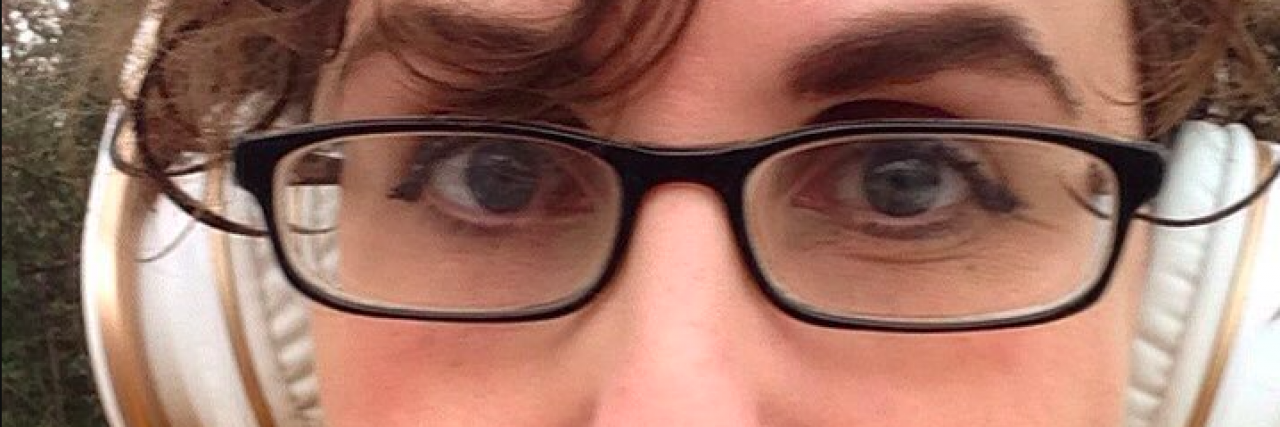It’s your senior year of high school. You are smart. You are funny. You have a thousand interests and can pursue any path. You just woke up in the hospital because you had a seizure. I know you’re afraid. That’s OK. Fear is OK.
During the next few years the doctors will find that you’ve got this little spot of damaged tissue on your frontal lobe from a childhood surgery. They tell you everything will be fine. Medications usually fix this. The meds don’t fix this for you. Your doctor will give you more and more meds with side effects that seem incomprehensible: weight loss, weight gain, fatigue, forgetfulness, depression, rage, suicidality. You feel like you’ve lost yourself. You’re passive in a way you’ve never been passive. You just take these pills and more of these pills and you sleep and forget and quit school and go back to school and spend so much time crying and trying to understand why.
Other relevant stories:
• What Is Photosensitive Epilepsy
• Can I Smoke with Epilepsy
• Autism and Epilepsy
There is no why, Hilary. It’s chance. It’s a roll of the biological dice. You figure it out eventually. After too many years of trying everything from surgeries to religion, you decide it’s OK. It’s the strongest and most difficult thing you have ever done. I’m proud of you. You understand your humanness.
You are lonely and virtually without community. You don’t know anyone else with epilepsy. You live in rural Idaho without access to public transportation. You move. You move away from this place you’ve known all of your life — this place that feels like your heart and your blood and your skin and your guts — to a city that has transportation. It feels huge and scary. You get lost all the time. You figure it out. You go back to university. It’s not always encouraging. Some instructors are shockingly ableist, but you tough it out.
You are in your last semester of school now. You are applying to grad schools. You’re a poet, Hilary. You’ve won awards. You have a scholarship. You read at conferences. You love reading your poetry in public, even though it terrifies you. You have done so well. You are brave. I’m proud of you.

